Category: Guides & Outfitters
-
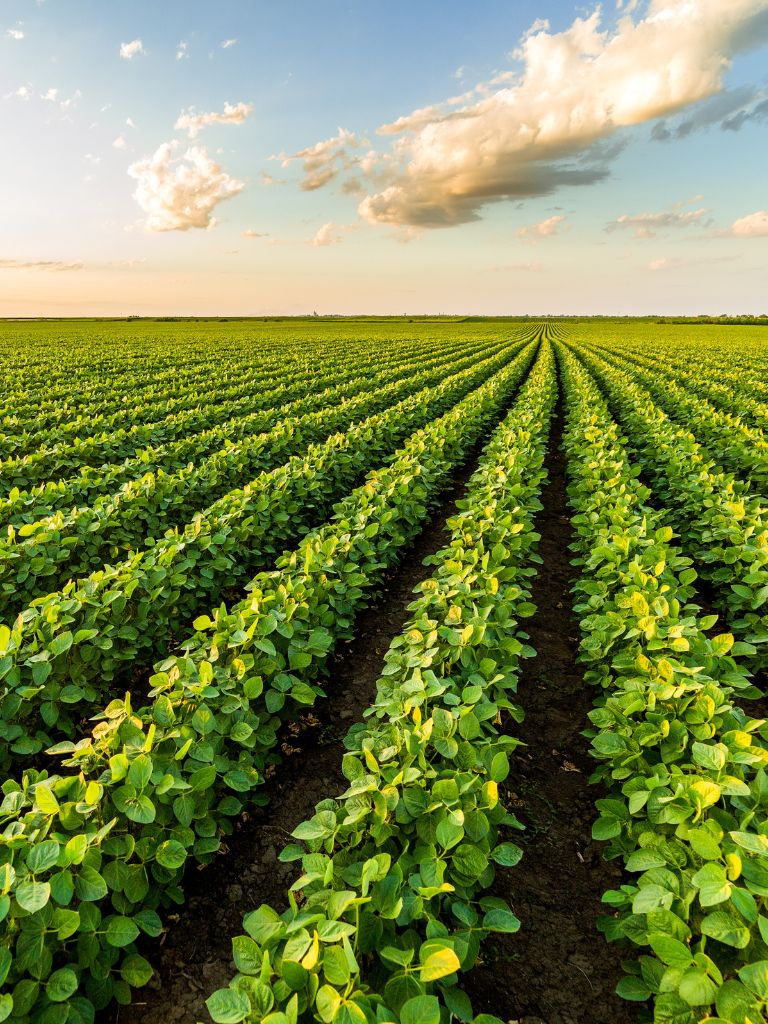
Creating Effective Crop Rotation for Sustainable Farming
Whether you’re in the agricultural industry or a hobbyist, sustainable farming can increase yields and improve production. Here are some tips to get started.
-
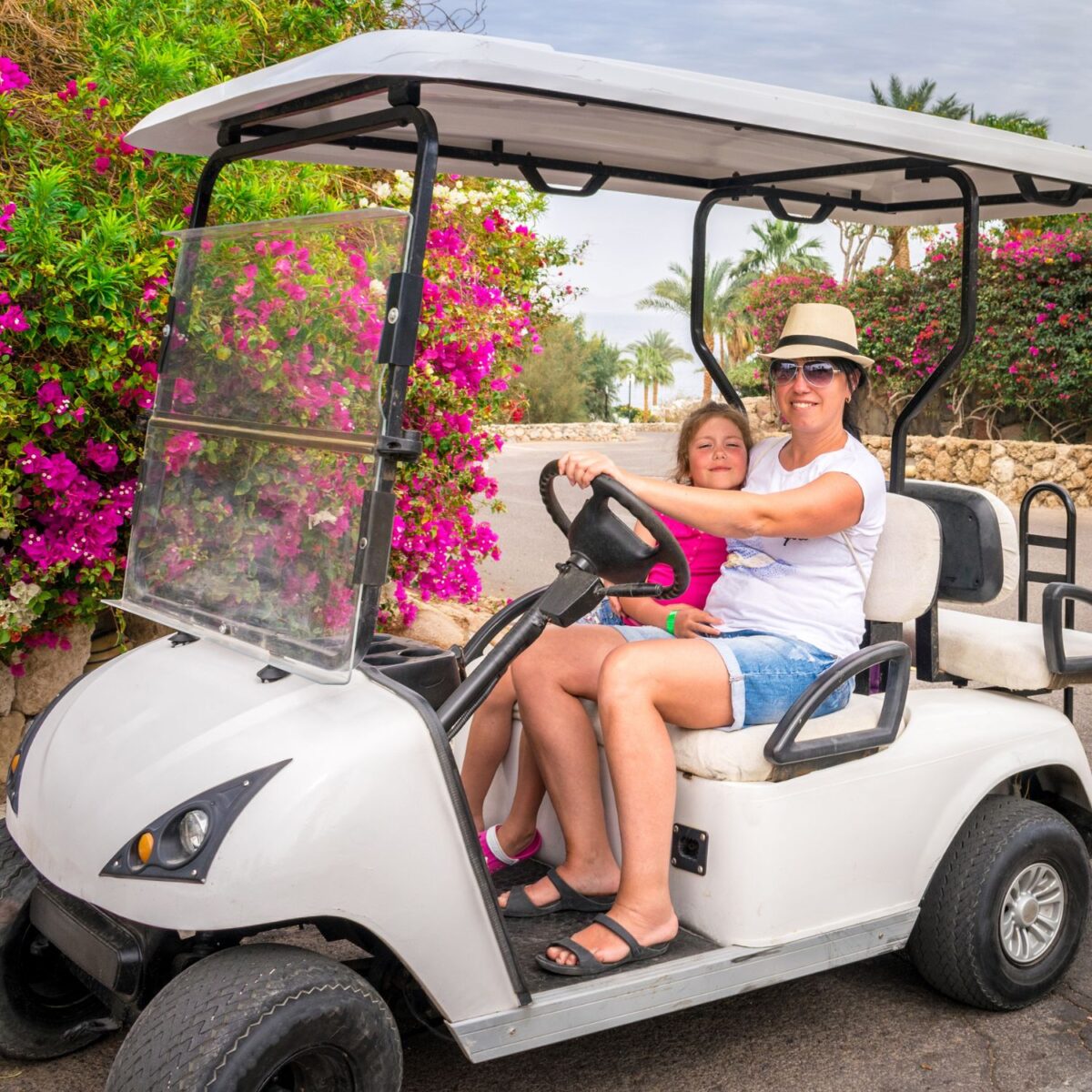
Why You Should Make Your Golf Cart Street-Legal
Golf carts are invaluable vehicles that are made more useful when you can drive them on the road. Consider these benefits for making your cart street-legal.
-
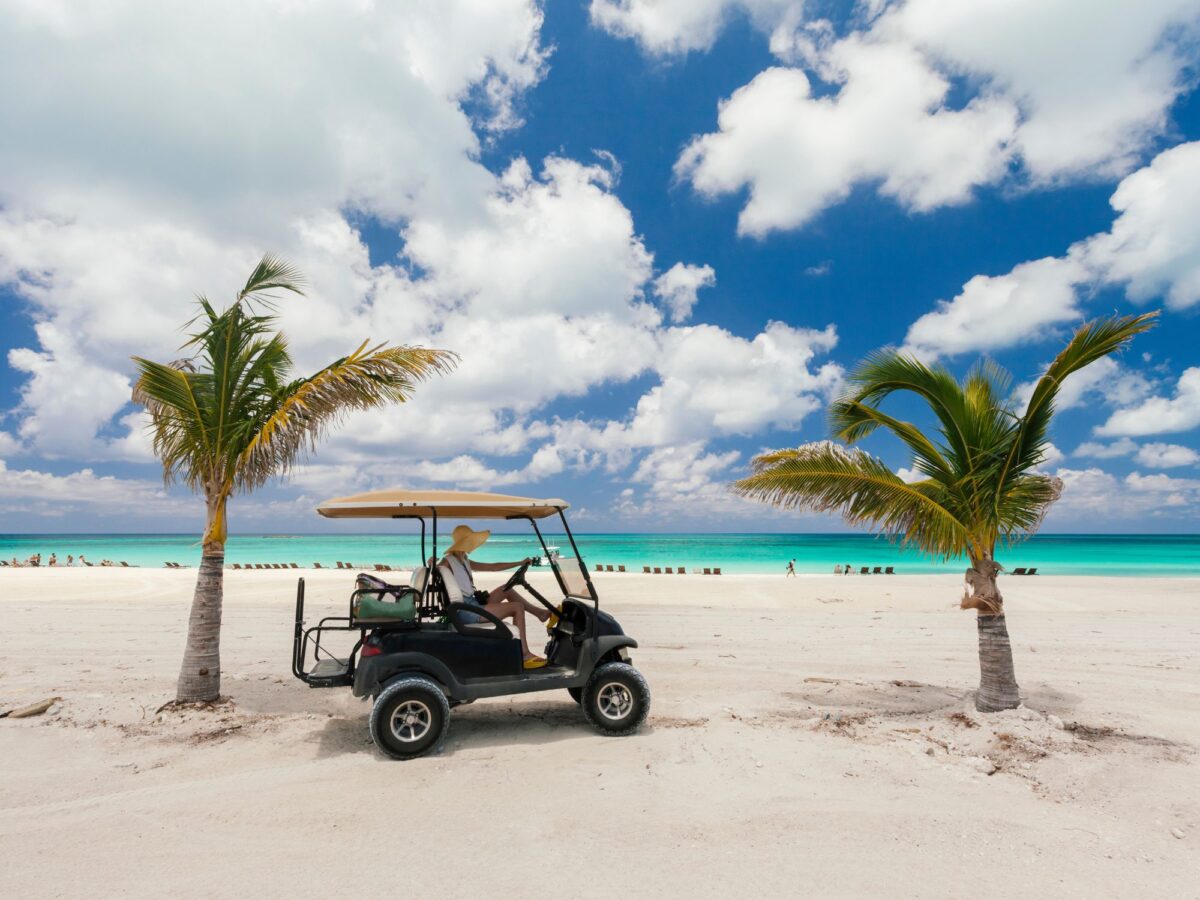
Sports Etiquette: Tips for Driving a Golf Cart Safely
For many people, a long day on the green is the perfect way to relax. However, if you’re planning on driving a golf cart, you’ll need to know how to stay safe.
-
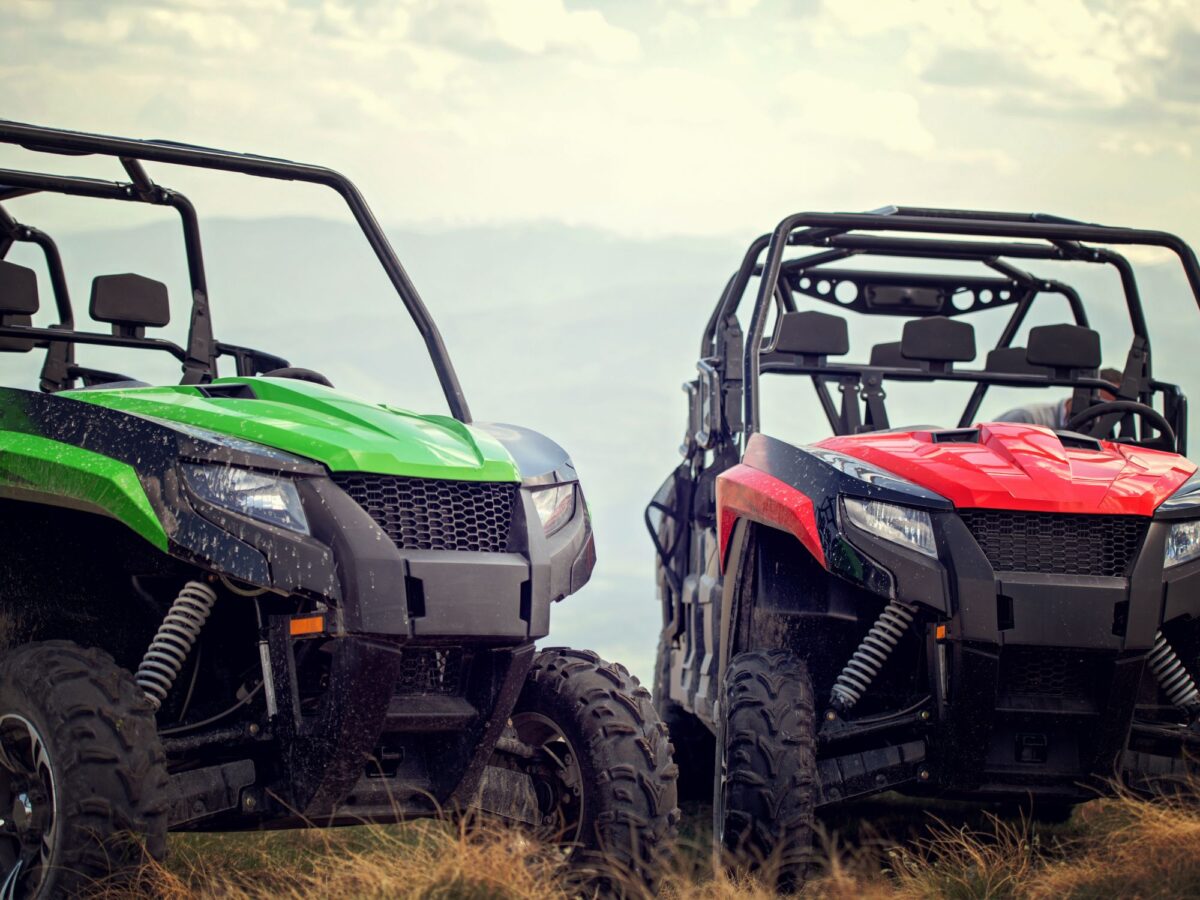
3 Effective Tips for Inspecting Your ATV
ATVs are powerful, but they require care to function properly. Use these effective tips for inspecting your ATV so that you can promptly address problems.
-
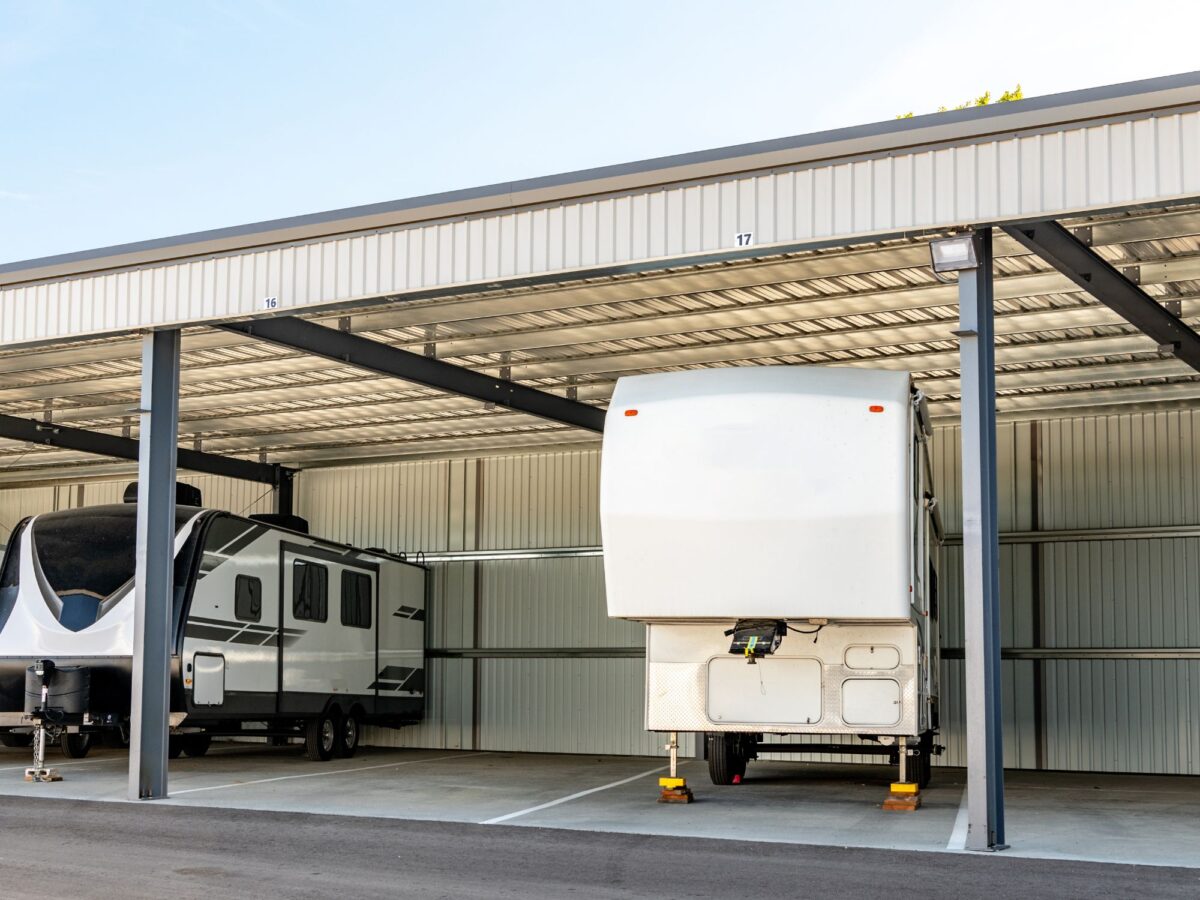
Tips for Improving the Security of Your RV
You’ll run into many amazing people when you’re out on the road in your RV, but not everyone has the best intentions. Learn how to improve your RV’s security.
-
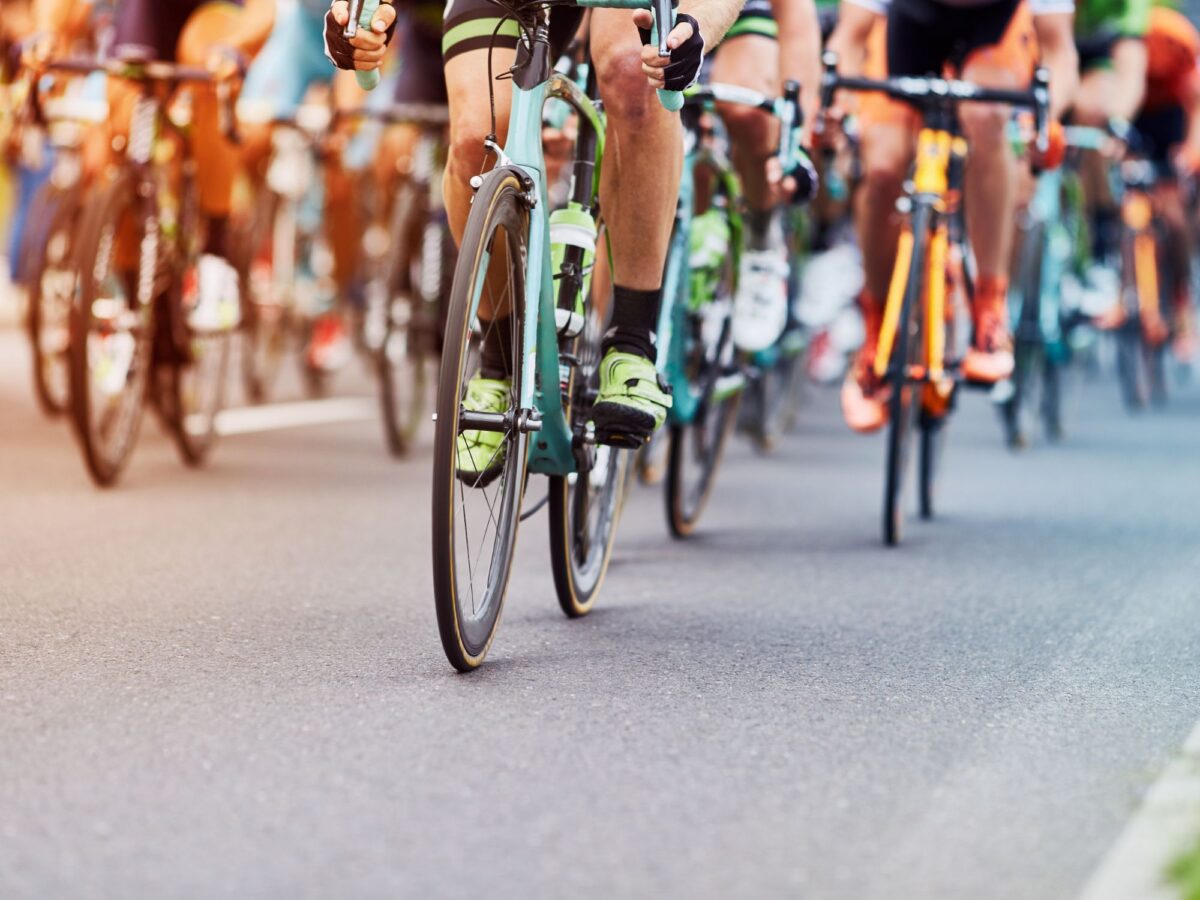
Tips To Help You Prepare for Your Next Big Cycling Event
Cycling enthusiasts go on many rides, but they must prepare themselves when attending large events with other people. Use this advice to ensure you’re ready.
-
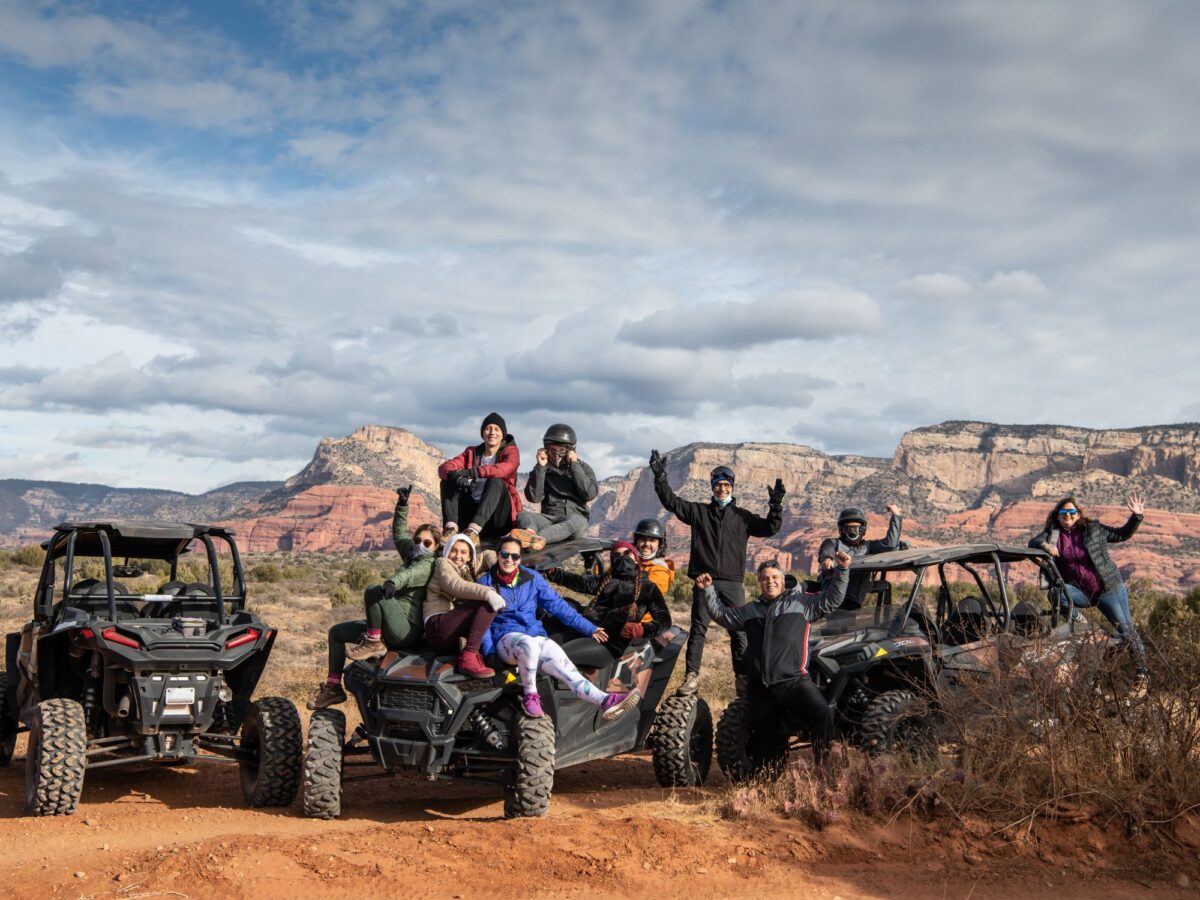
How To Ensure Your Safety When Off-Roading
Off-roading is a thrilling way to explore the outdoors, but it can come with some dangers. Here’s how to ensure your safety when off-roading.
-
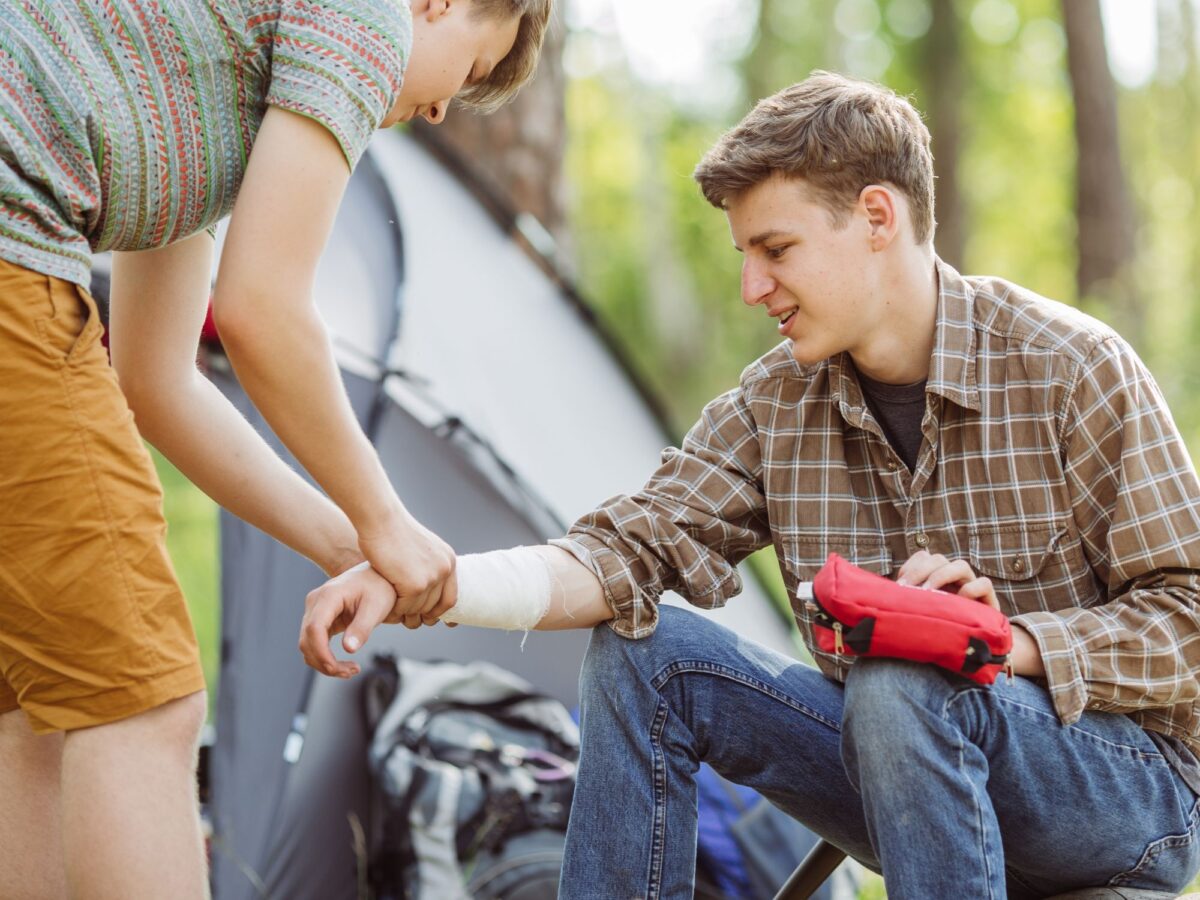
Survival Tactics Needed When in the Wilderness
Surviving in the wilderness becomes easier with the right knowledge, skills, and basic materials. Discover survival tactics you need for the wilderness.
-
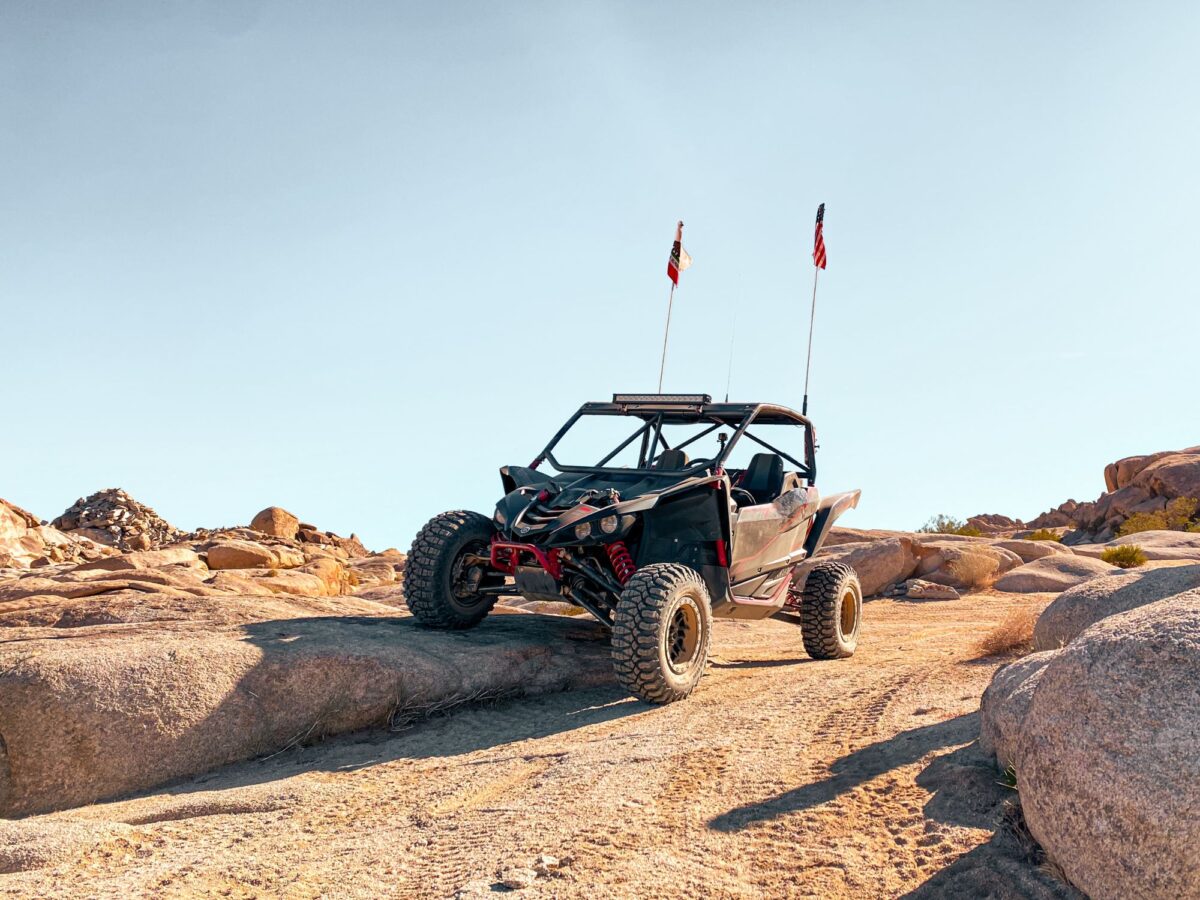
Essential Things To Consider When Buying a UTV
If you are thinking about purchasing a UTV, there is some important information you should know. Here are the essential things to consider when buying a UTV.
-
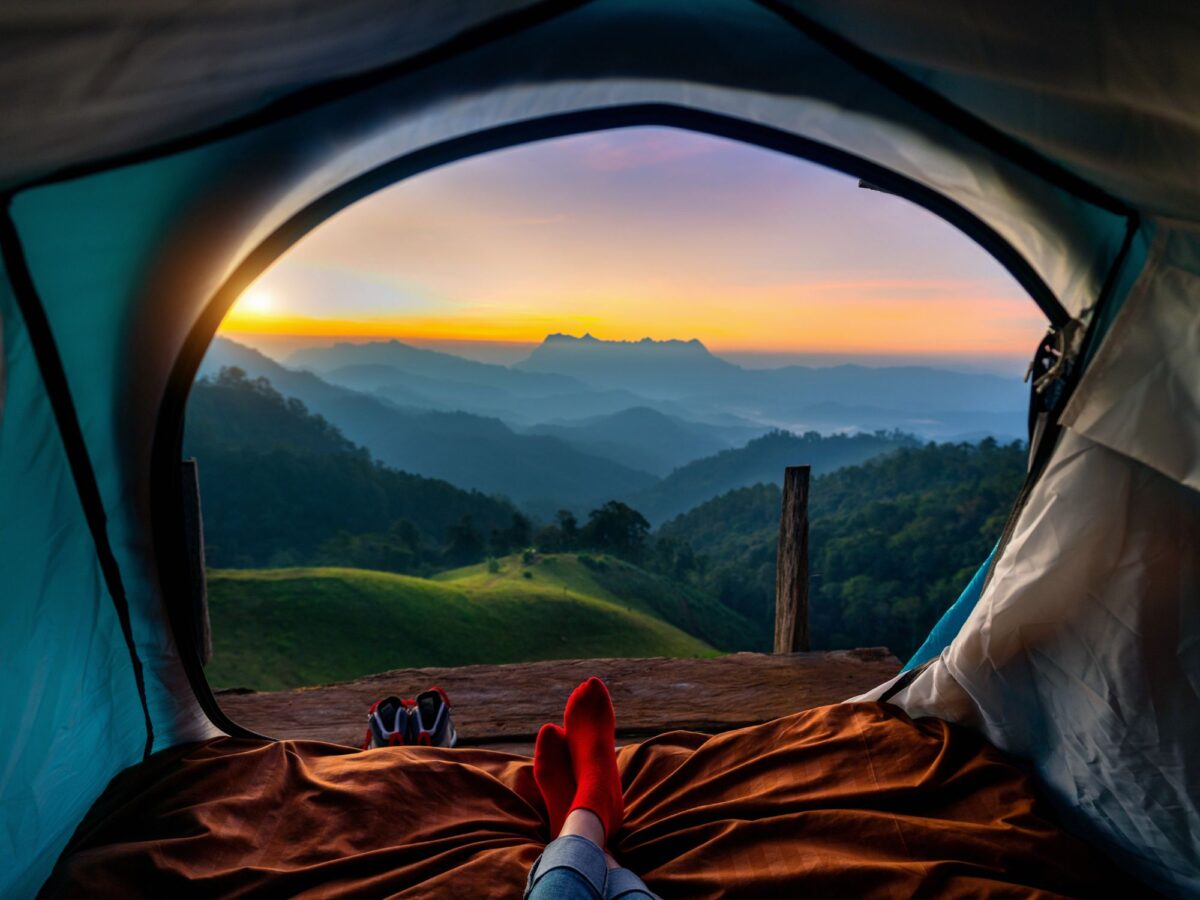
How To Have a Good Night’s Sleep in the Outdoors
Camping outside is a wonderful way to experience the outdoors, but you may have trouble sleeping. There are ways to help you fall asleep outside with ease.
-
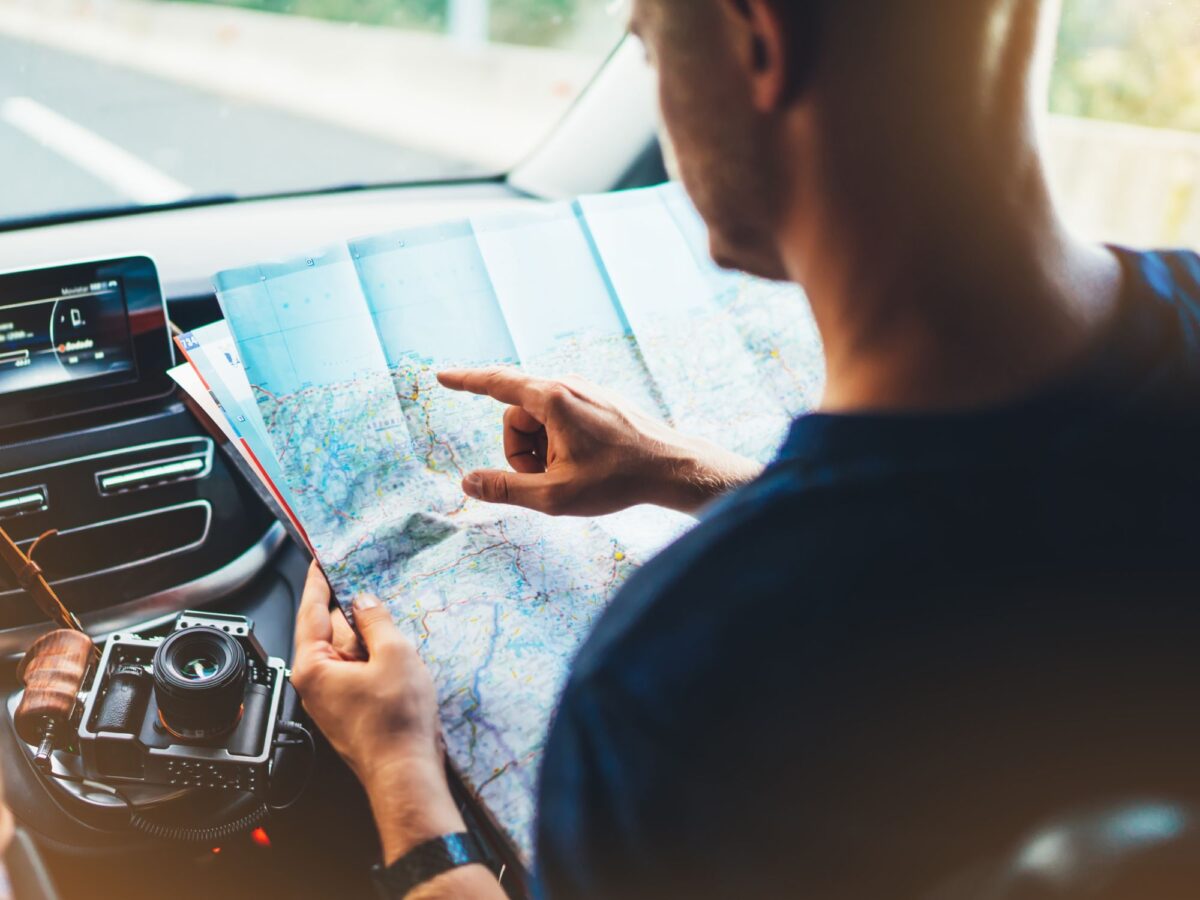
5 Tips To Prepare a Jeep for Long-Distance Driving
Traveling on the road is more enjoyable when you have the right planning with your vehicle. Learn five tips to prepare a Jeep for long-distance driving.
-
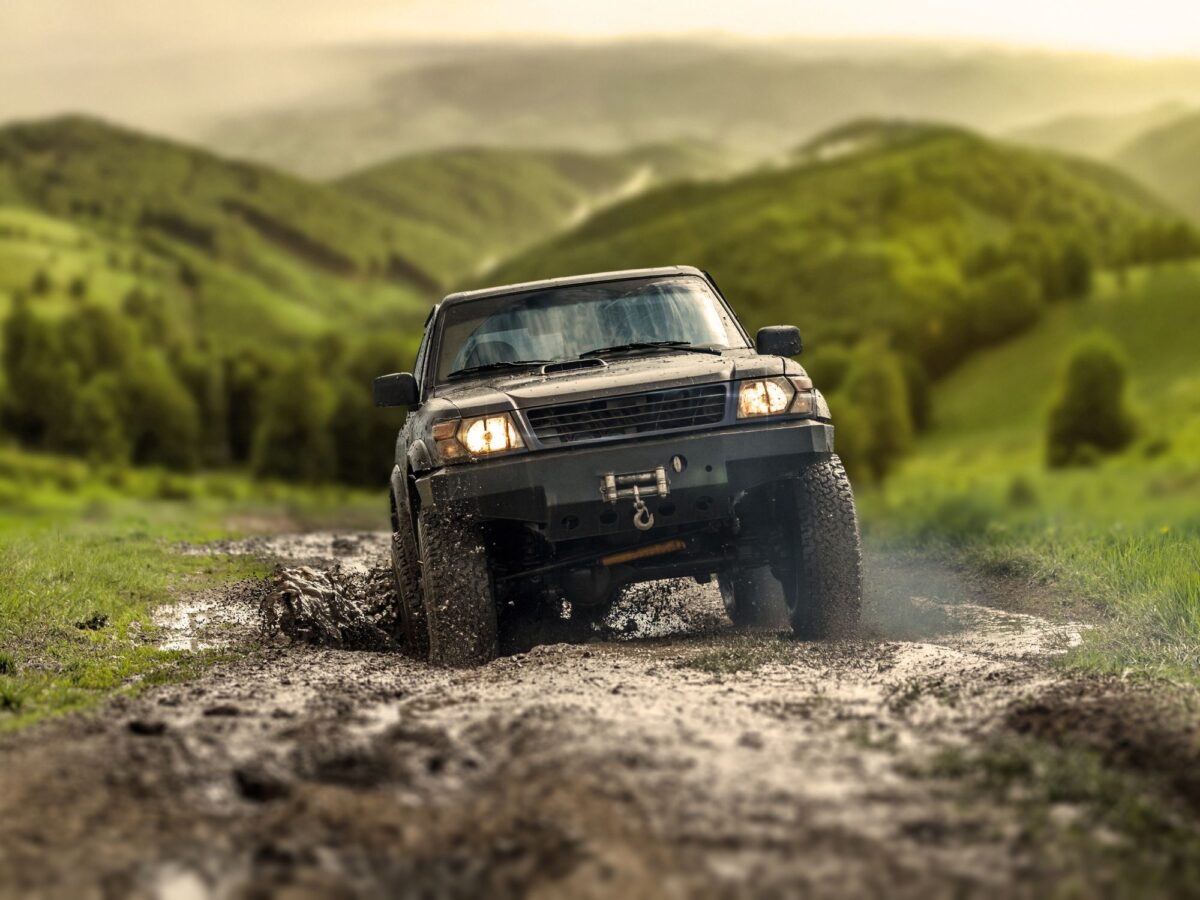
4 Tips for Having Fun Off-Roading With Family
With the right plans and mindset, off-roading can be an adventure for the whole family. Use these four tips for having fun off-roading with your people.